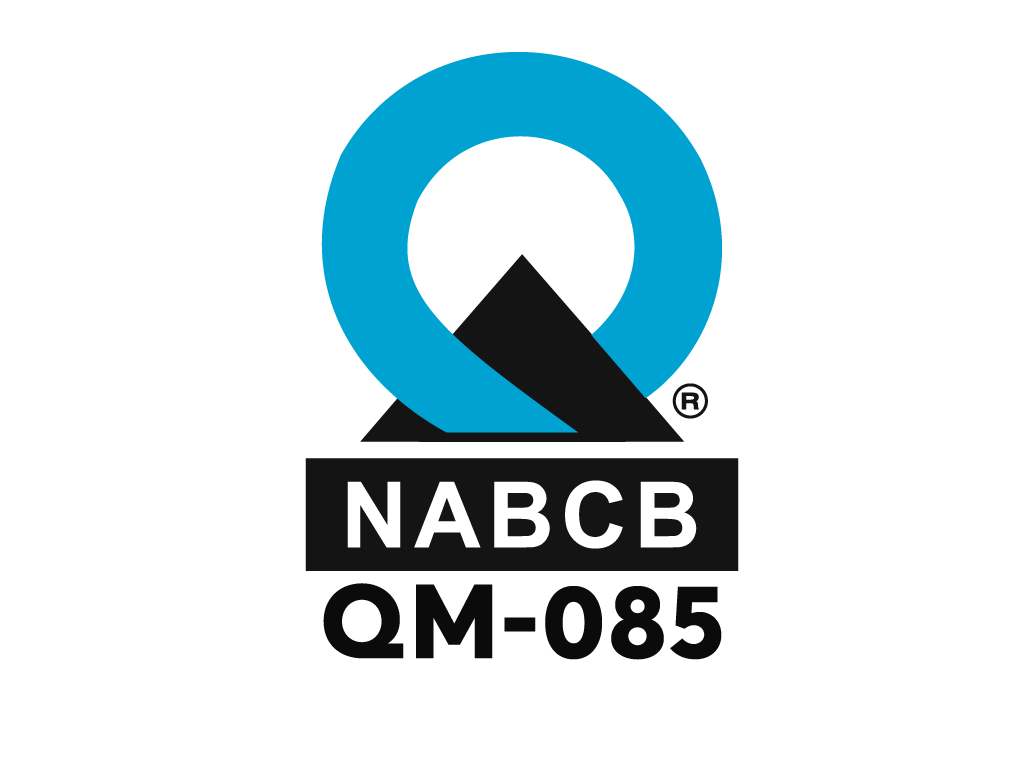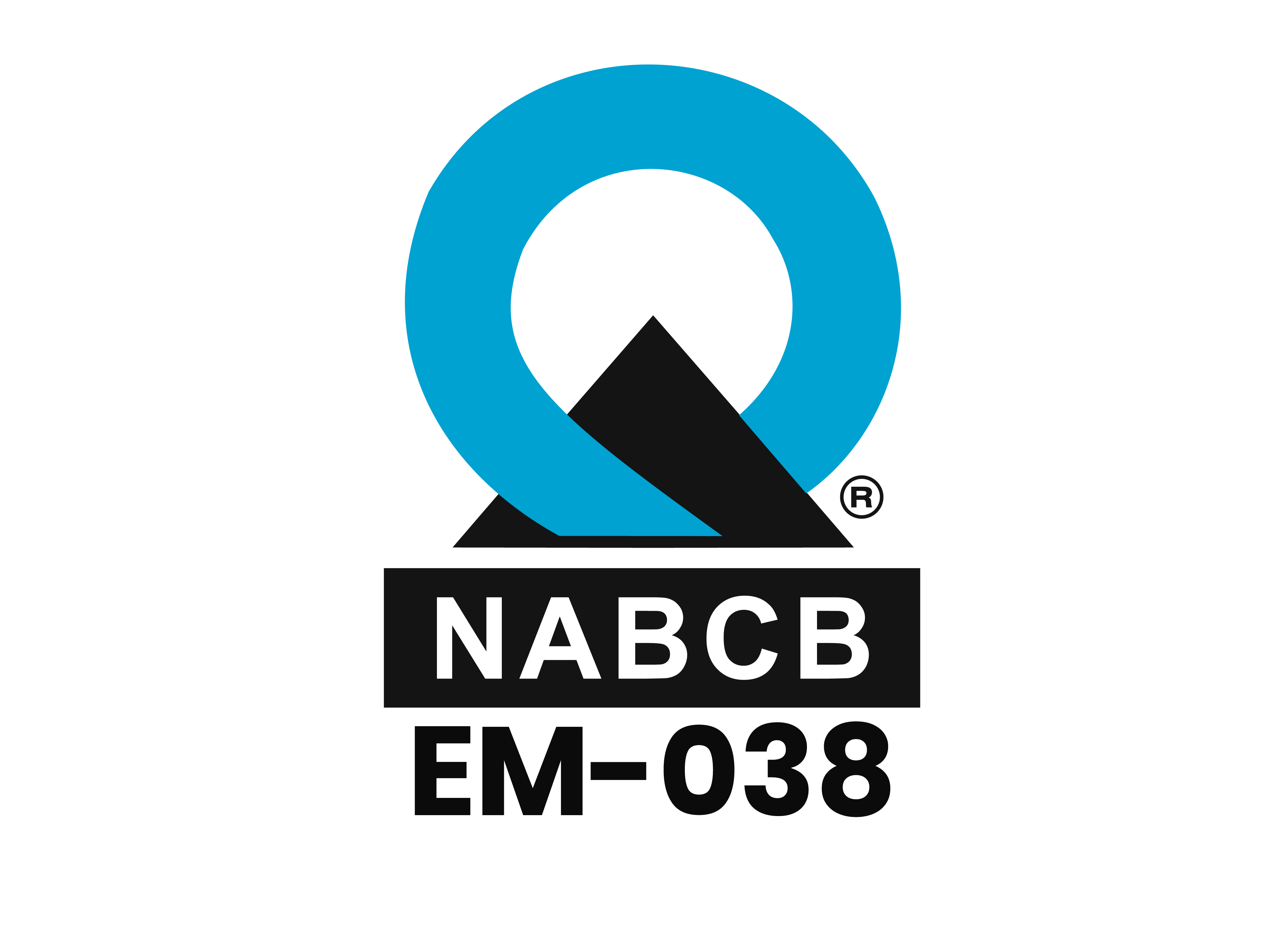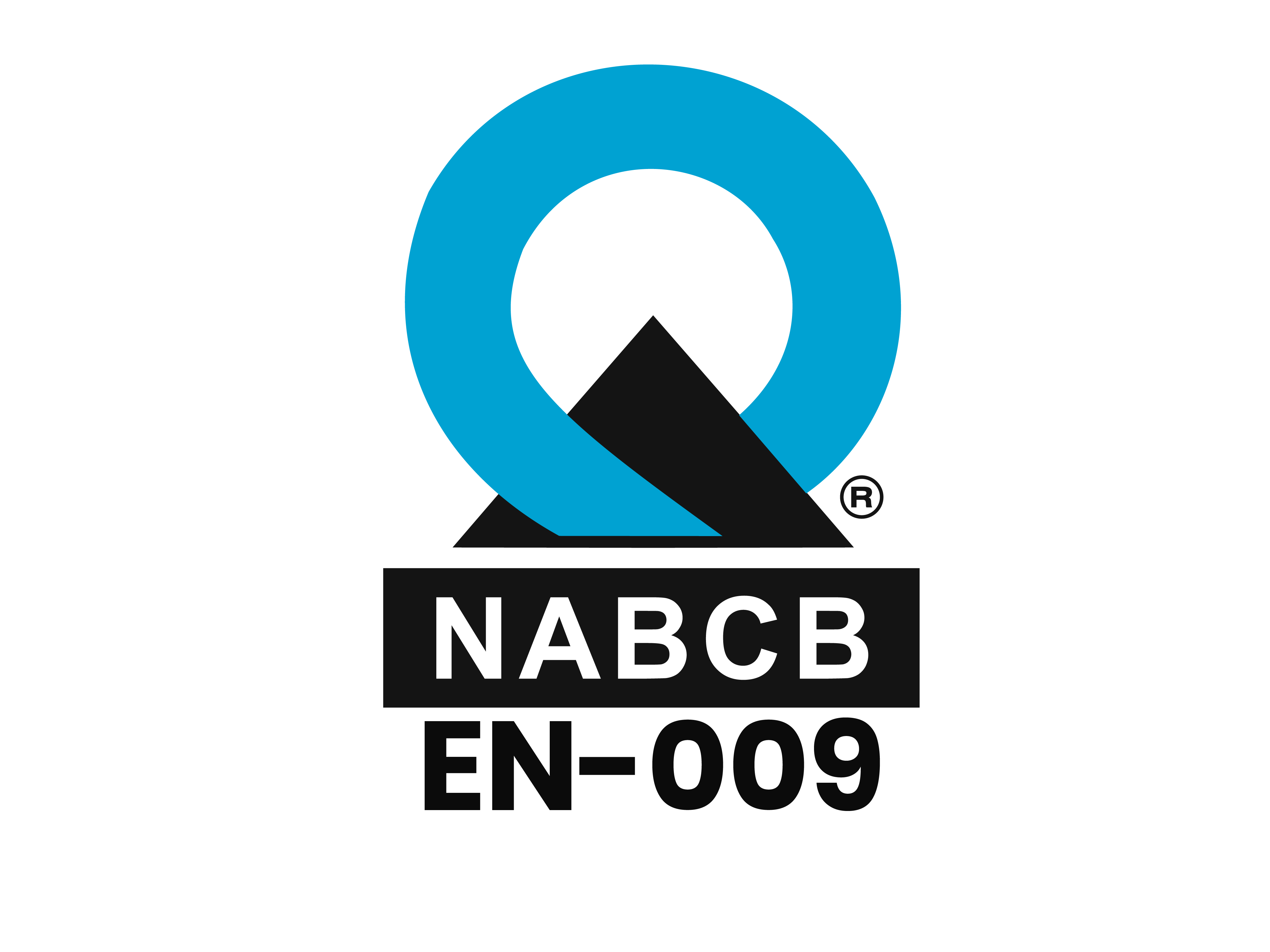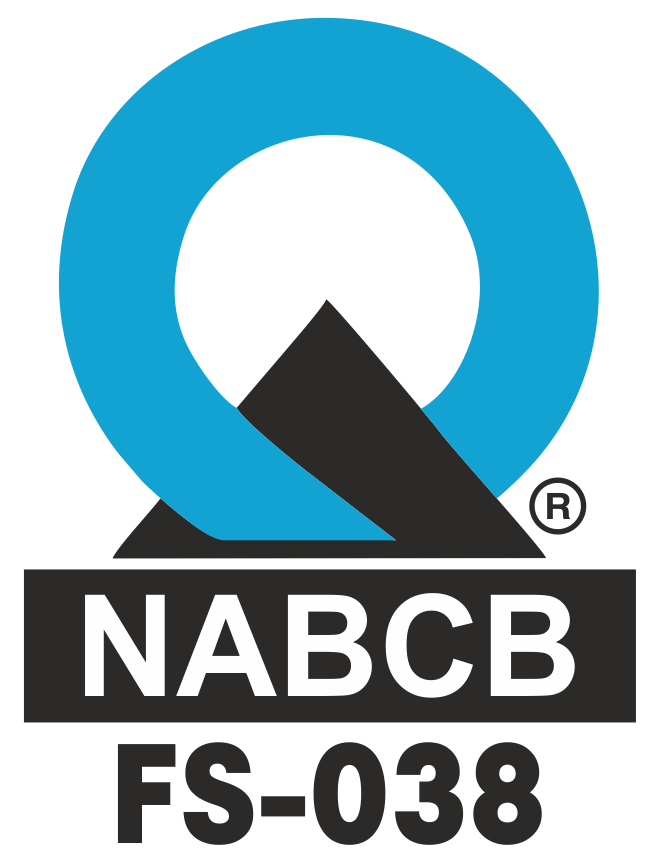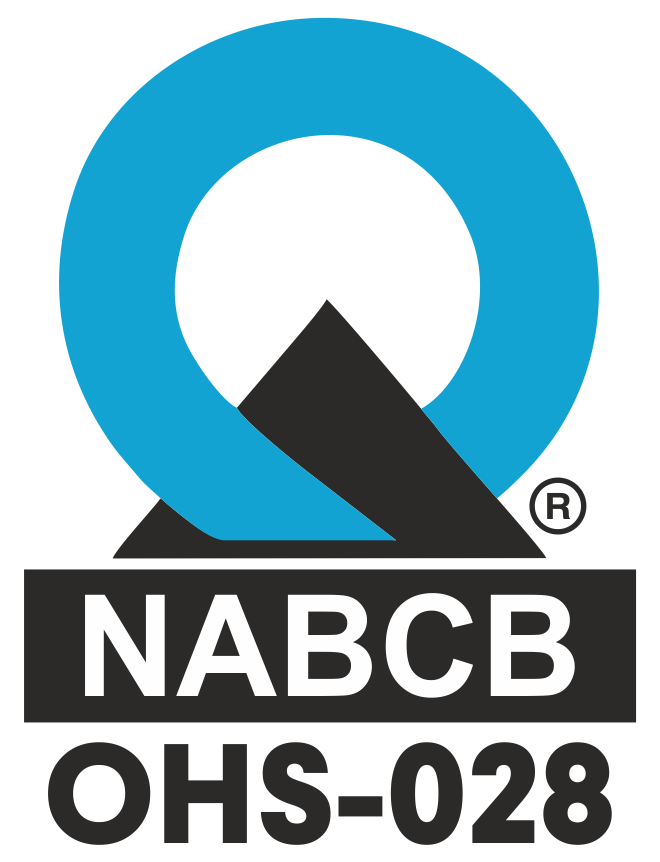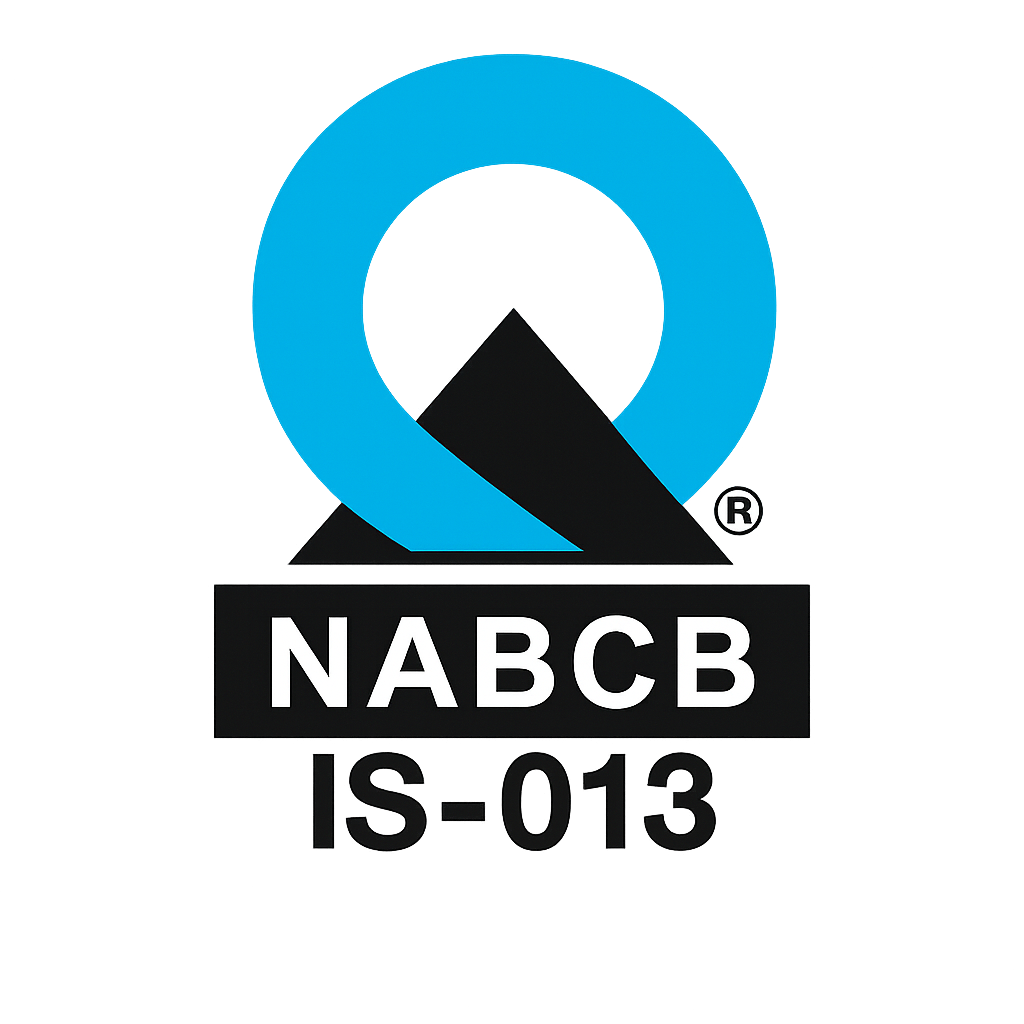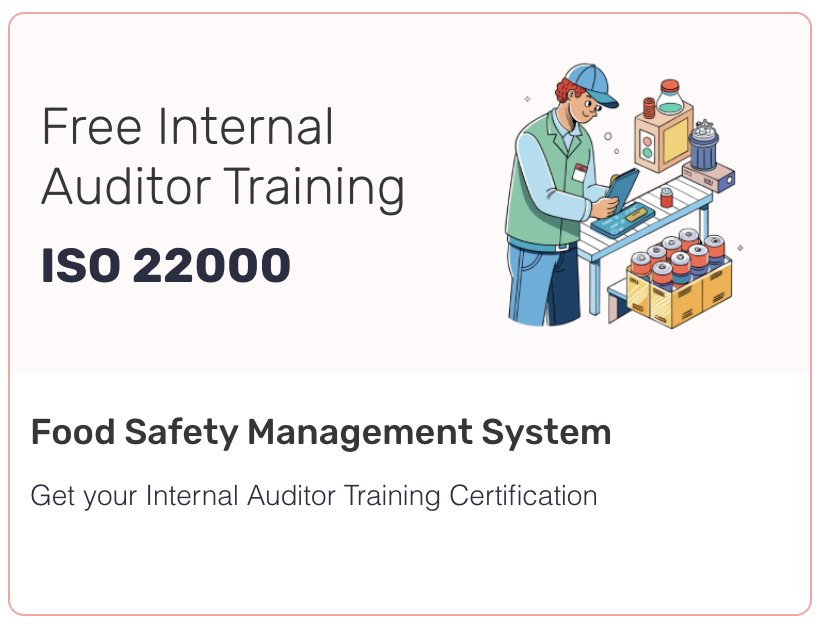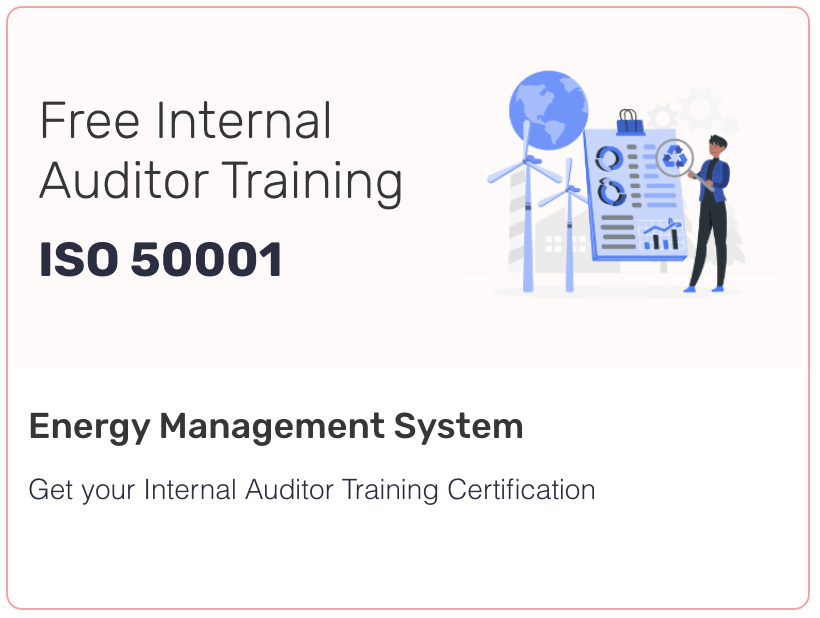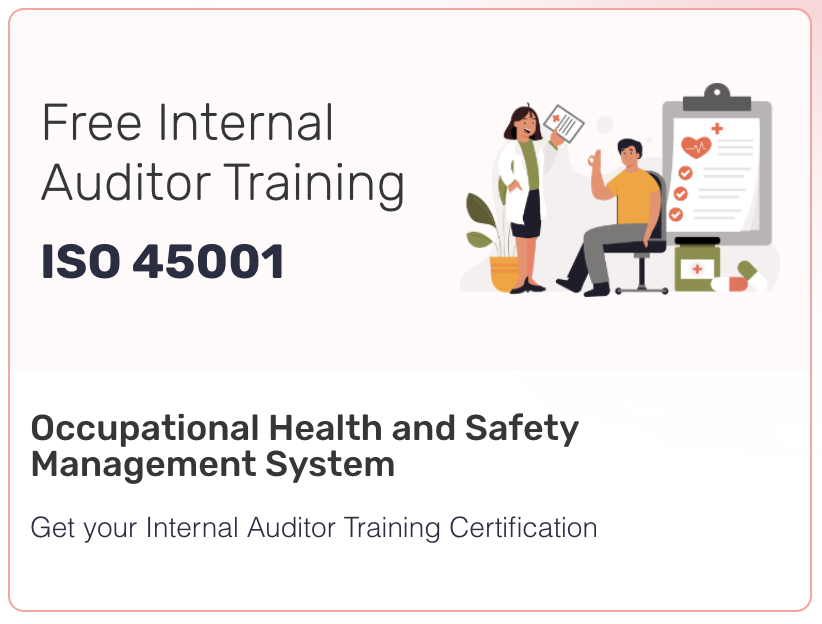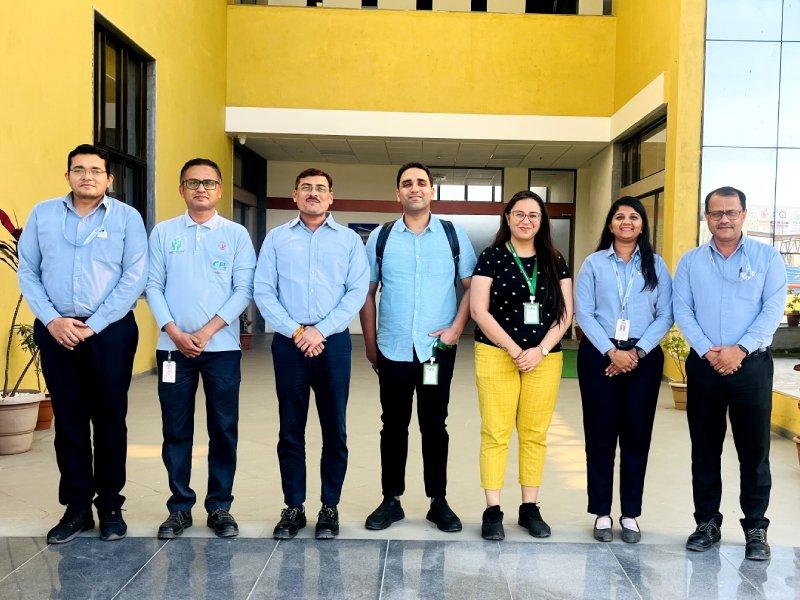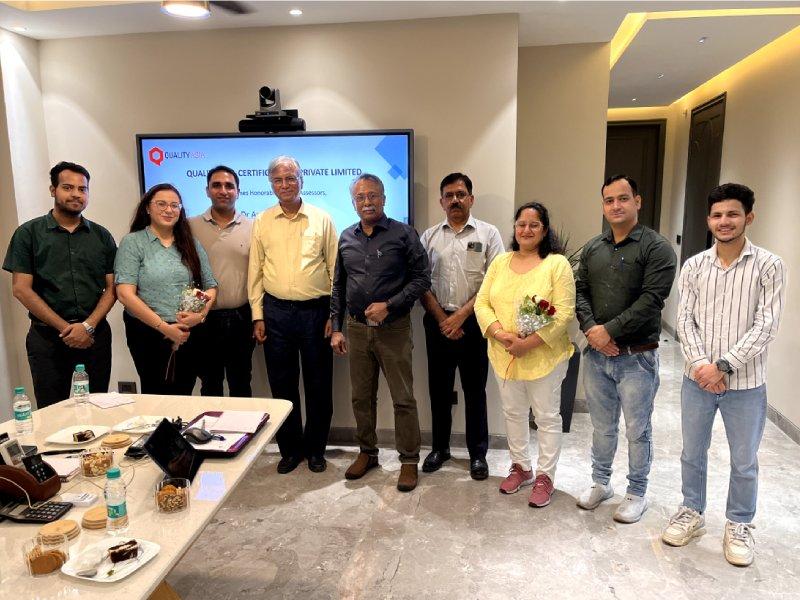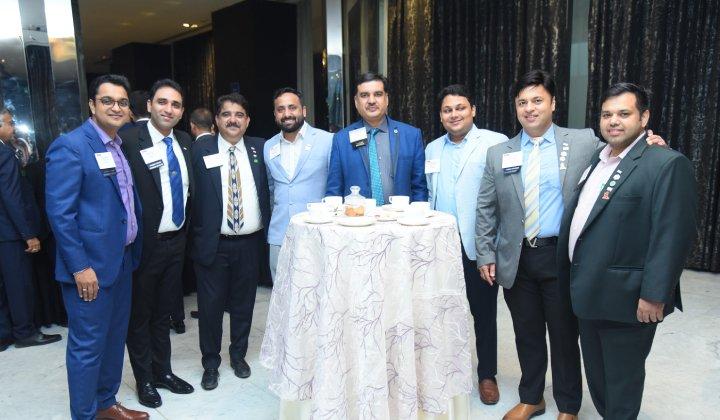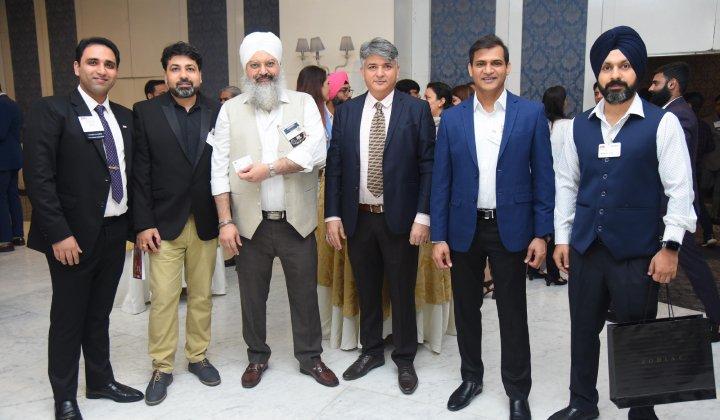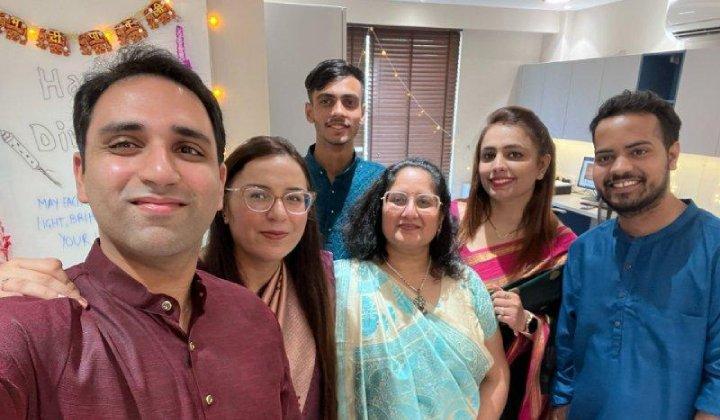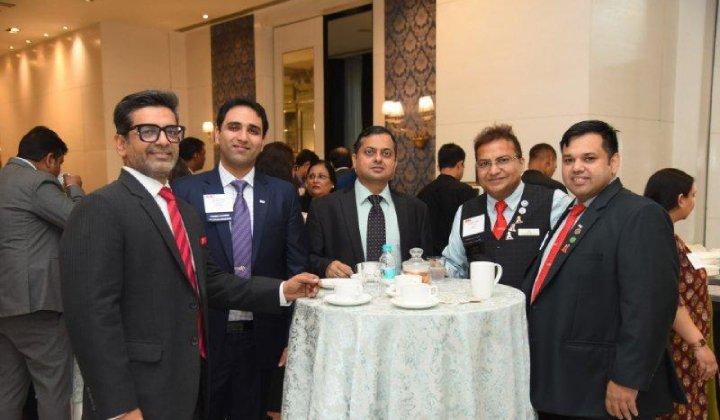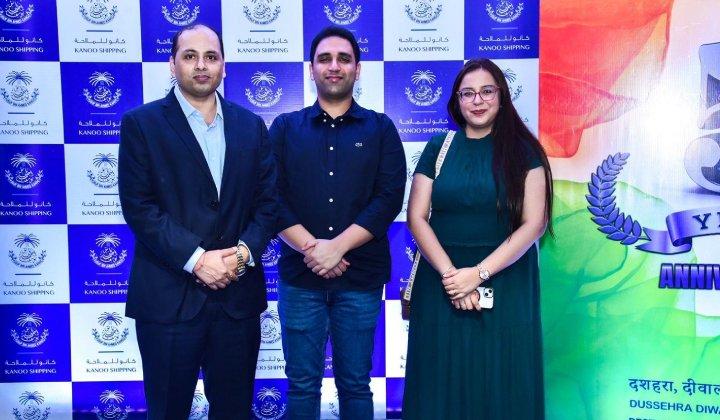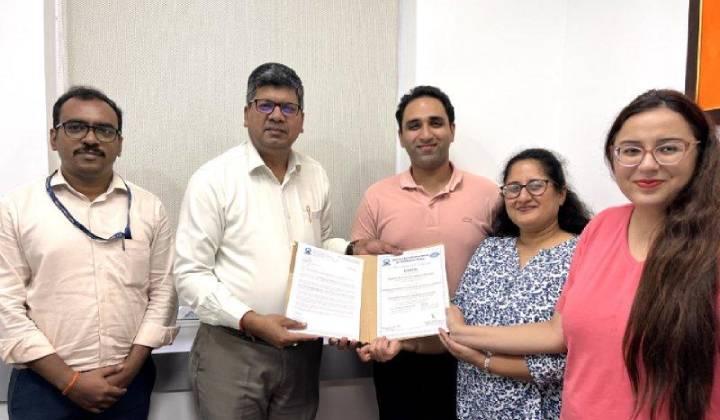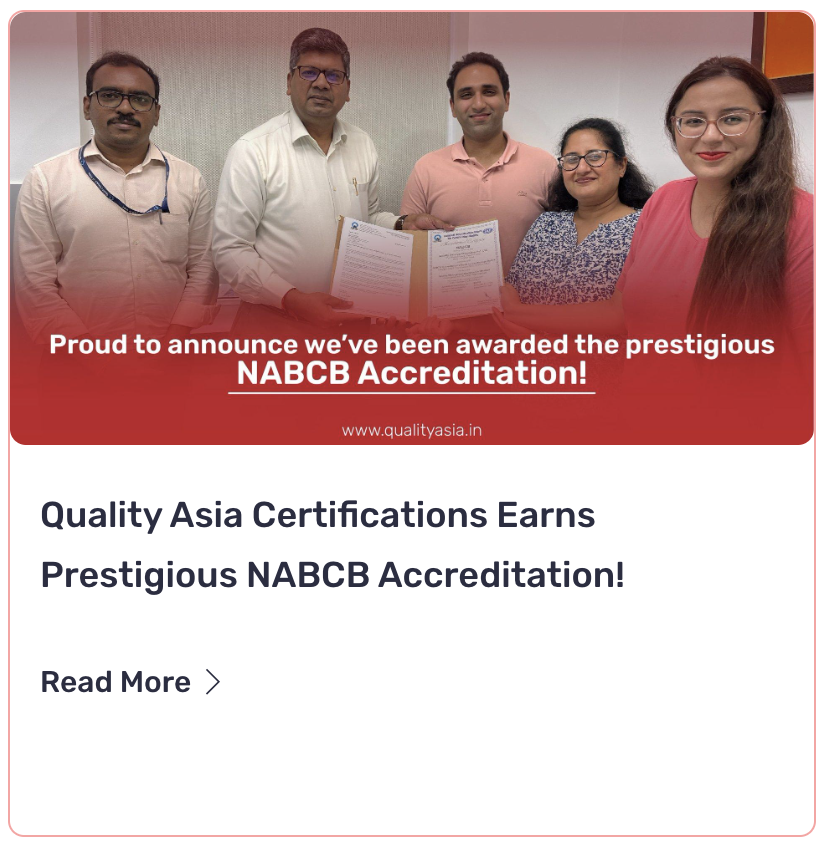🧵 ISO 14001:2015 for Textile Industries - “Weaving Sustainability Into Every Fiber – Greener Fabrics, Cleaner Futu
🌿 Why Environmental Management is Critical for the Textile Sector
Sonipat is a rising textile hub with industries involved in yarn spinning, dyeing, weaving, knitting, garment manufacturing, and finishing. These operations often consume large amounts of water, chemicals, energy, and produce substantial waste—making environmental responsibility not just optional, but essential.
ISO 14001:2015 offers a globally recognized framework to help textile units reduce pollution, improve resource efficiency, and stay compliant with environmental norms, while also appealing to eco-conscious buyers worldwide.
🌍 What ISO 14001 Brings to Textile Manufacturing
| 🌱 Environmental Benefit🧵 Impact on Textile Units | |
| Water Usage Optimization | Reduce dyeing/finishing water consumption through recycling systems |
| Effluent & Chemical Management | Safe treatment and disposal of dye residues, solvents, and wastewater |
| Energy Efficiency | Optimize boiler, compressor, and machinery power consumption |
| Waste Reduction | Minimize fabric waste, packaging waste, sludge |
| Regulatory Compliance | Meet Haryana SPCB, CPCB, and ZLD norms |
| Export Market Access | ISO 14001 is often required by European and American buyers |
🧶 Local Leaders Going Green in Sonipat’s Textile Industry
| Company NameSegmentISO Status | ||
| Sonipat Textile Mills Pvt. Ltd. | Cotton yarn & woven fabrics | ISO 9001 & ISO 14001 |
| EcoThread Spinners | Sustainable yarn production | ISO 14001:2015 Certified |
| TexFab Garments | Apparel manufacturing & export | ISO 9001 + ISO 14001 |
| Sonica DyeTech Pvt. Ltd. | Dyeing & textile finishing | ISO 14001 (In progress) |
These companies show that environmental leadership strengthens market position.
🔧 Our ISO 14001 Services for Textile Manufacturers
We help textile units implement and maintain ISO 14001 across Kundli, Rai, HSIIDC, and Barhi clusters in Sonipat.
1. Environmental Impact Assessment
- Water usage, dye effluent, emissions, noise, and raw material waste
- Develop a detailed Aspect-Impact Register customized for textile workflows
2. Documentation Support
- Environmental Policy and Objectives
- Legal and Regulatory Register (SPCB, ETP/NOC documents)
- SOPs for chemical handling, effluent treatment, and air emissions
- Emergency response procedures (chemical spills, fire safety)
3. Training & Capacity Building
- Staff awareness on ISO 14001 practices
- Handling of chemicals, dyes, waste segregation, PPE use
- Roles & responsibilities for EMS implementation
4. Audit & Certification Support
- Conduct internal audits and close gaps
- Liaison with accredited certification bodies: SGS, TUV, URS, Intertek, BSI
5. Post-Certification Assistance
- Help maintain compliance and conduct yearly surveillance audits
- Continual improvement programs for energy, water, and waste efficiency
🧵 Suitable for All Textile Segments
- 🧶 Yarn spinning units (cotton, synthetic, blends)
- 🟣 Dyeing and finishing plants
- 👚 Garment and apparel factories
- 🧺 Home textile & furnishing manufacturers
- 🏭 Composite mills (fiber to fabric)
📍 Why Sonipat Textile Units Trust Us
✔️ Decade-long experience in the textile and apparel sector
✔️ Local experts in industrial environmental norms
✔️ Fast-track ISO 14001 programs for exporters & MSMEs

